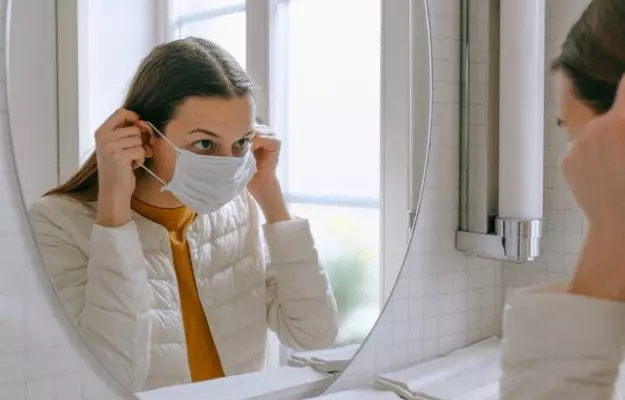With the number of COVID-19 cases rising considerably in India and the peak still far away, there is understandable fear and uncertainty across the country. There have been reports from major cities like Delhi and Mumbai of hospitals being stretched to their limits.
(Read more: COVID-19 timeline in India)
As far as possible, the authorities are allowing patients to recover at home: COVID-19 symptoms are mild in the majority of cases and hospitalization is not required. People stay at home and self-isolate and recover in some time. In the best-case scenario, symptoms pass within a week and the person feels much better.
(Read more: Self-care tips during a pandemic)
Remember that while being diagnosed with COVID-19 can be scary, the vast majority of cases are resolved without any difficulty. There is help available in the form of family and friends—if you are overcome with anxiety, reach out virtually to your support network and get through the crisis together. Also, keep your doctor clued in about your mental health status and your symptoms.
Here are some practical tips for those tackling the virus at home—for both the patients and their caregivers:










































